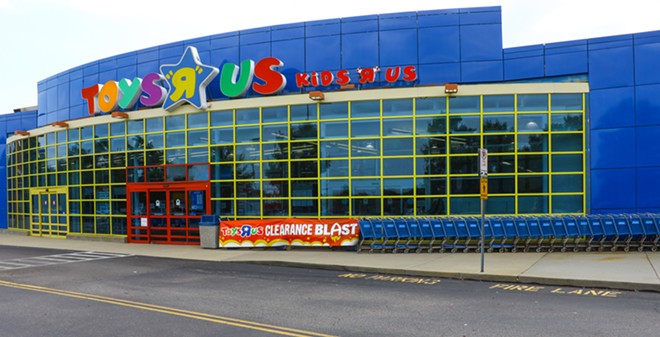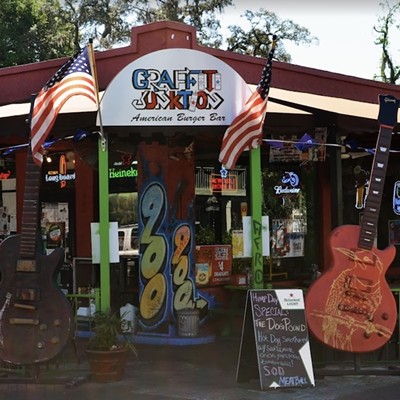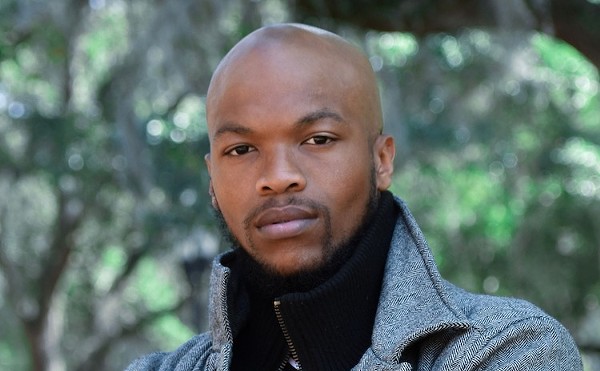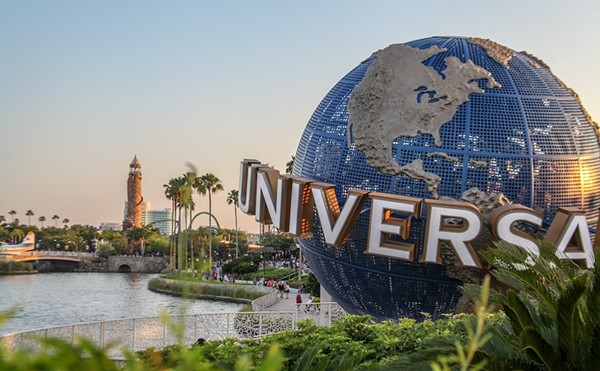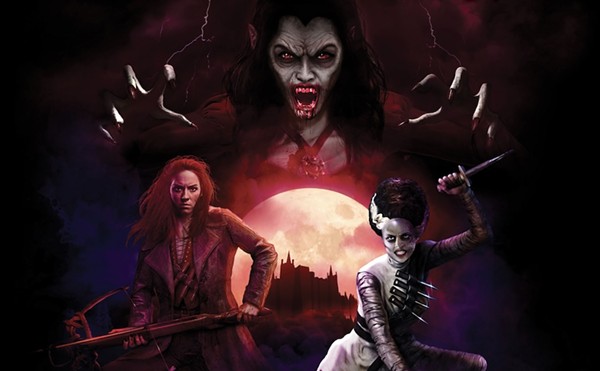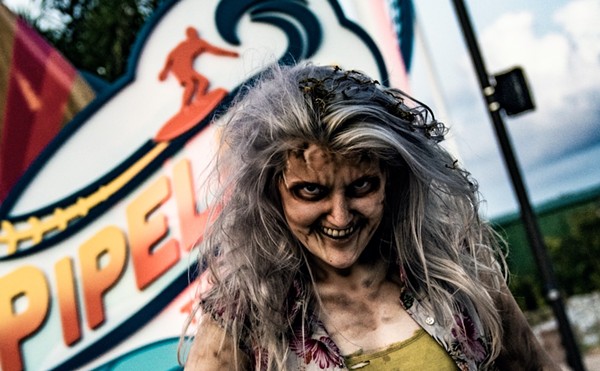After a failed comeback last year, Toys R Us may have a return plan that’s bigger than ever.
Like other physical stores, the 73-year-old toy store chain struggled as consumer tastes and shopping patterns changed. A 2017 bankruptcy (forced by private equity vultures who bought the chain in 2005 and saddled it with billions in debt) led to the entire chain closing all U.S.-based stores in mid-2018. Many of the chain’s European stores quickly followed. The vast majority of Toys R Us stores were shuttered by early 2019 when the company, then known as Tru Kids, began to plan a comeback.
By Christmas 2019, the company was on the rebound. Two new stores, both sporting a streamlined updated look and footprint that was nearly a third a size of the former stores, opened, and the company announced a deal for Target to oversee online sales.
Then, as we all know, the pandemic struck. By late summer, the deal with Target was off, and the two stores were struggling to stay open. After a disappointing COVID-filled Christmas, both closed this January.
Tru Kids saw a new owner take over last month when WHP Global bought a controlling interest in the once-mighty but now struggling company.
When announcing the deal, Yehuda Shmidman, Chairman and CEO at WHP, explained,
"Our investment in Toys"R"Us reflects our belief and passion for the brand. We are thrilled to be taking the reins of the world's leading toy brand at a time when the category is up 16% and consumer demand for toys is at an all-time high. This is a natural fit for WHP, as we can leverage our global network and digital platform to help grow Toys"R"Us and Babies"R"Us around the world."The deal for Toys R Us came just weeks after WHP Global had acquired Joseph Abboud. In 2019, WHP bought Anne Klein, another brand synonymous with late twentieth-century suburbia.
Shmidman, who has served as Tru Kids’ vice chairman since early 2019, stated the company is exploring all options regarding Toys R Us’ future. In an interview with CNBC, Shmidman called the U.S. “a blank canvas” while explaining, “We really have an opportunity not just to capture that experience for toys that people are yearning for.”
At the time, it was thought that this would include a mix of traditional and pop-up retail, but more recently, there’s been some indication that may involve far bigger plans.
Figures, a news site focused on the toy industry, was the first to discover a batch of Toys R Us trademarks. In the article announcing the trademarks, Figures speculates that they may be linked to a themed entertainment concept. Toys R Us World, Toys R Us Park, and Toys R Us Land were each trademarked. When viewed together, the three trademarks do seem to indicate something related to theme parks or themed experiences.
Toys R Us did have a similarly named concept in the mid-90s when it opened a megastore called Toys R Us Kids World. Those stores, nearly the size of a modern Target, had multiple Toys R Us brands along with kid-focused experiences, such as custom-designed play areas and cafes selling pizza.
As brick-and-mortar retailers scale back, the chances of a megastore are pretty slim. Hence, the idea that the new trademarks are instead linked to a themed entertainment experience seems reasonable.
Ironically, such experiences had their prime around the same time as Toys R Us, with nearly every brand trying to get in on the out-of-home entertainment market during the 1980s and 90s. Blockbuster had Block Party, an indoor themed entertainment concept that included screening rooms, ride experiences, an arcade, dining, and more. The adult-focused concept never took off and was quickly abandoned.
Other companies, from Disney to McDonald’s, built their own family-focused entertainment centers. With McDonald’s successfully selling their Leaps and Bounds concept to competitor Discovery Zone (in a deal which saw Blockbuster take a controlling share of the company) while Disney’s Club Disney led to even more grandiose plans with DisneyQuest. Six Flags tried an indoor theme park concept in Baltimore, and nearly every major mall had multiple themed dining experiences, most with a gallimaufry of animatronics to keep diners entertained. By the early 2000s, many of the concepts had failed, typically with a footnote commenting on their rapid expansion and poor quality.
A new generation of similar concepts is beginning to take hold, with many learning from the last century's failure.
In late 2019, the Nickelodeon Universe theme park opened in New Jersey. The new park is the first U.S.-based Nickelodeon Universe theme park to be built from the ground up. The new Nick Universe park is one of many attractions at the American Dream megamall.
From Angry Birds to LEGO, the mall is filled with a new generation of experiential retail and branding. Merlin, the parent company behind concepts like LEGO Discovery Center and Sea Life aquariums, has begun trying ever more branded experiences. After success with multiple mall-based Peppa Pig activity centers, a half-day style theme park based on the brand is now under construction at Legoland Florida.
While the trend is picking up in the U.S., it has been on fire for years in other markets. Brands as diverse as Manchester United, Angry Birds, and SeaWorld have all announced plans for boutique-themed entertainment concepts in China. While SeaWorld’s didn’t happen, others, including Man Utd, are moving forward.
The Toys R Us trademarks seem to be focused on the international market, with them registered in the European Union, where smaller themed entertainment concepts have a stronger history. At PortAventura in Spain, the half-day Ferrari Land theme park has shown that such a concept can work. Even smaller attractions, often indoors, can be found throughout Europe.
A recent search on the U.S. trademark office didn’t return any similar results, though other Toys R Us trademarks remain active.
The growing field of out-of-home entertainment concepts is expected to see a significant rebound post-pandemic. With new concepts seemingly being announced by the day, having a recognizable brand to attach to the concept will become more important. Toys R Us was once synonymous with Times Square entertainment, but they have a long way to go before anyone associates the brand with anything more than another story of a failed retailer.
–
Stay on top of Central Florida news and views with our weekly newsletters, and consider supporting this free publication. Our small but mighty team is working tirelessly to bring you Central Florida news, and every little bit helps.

